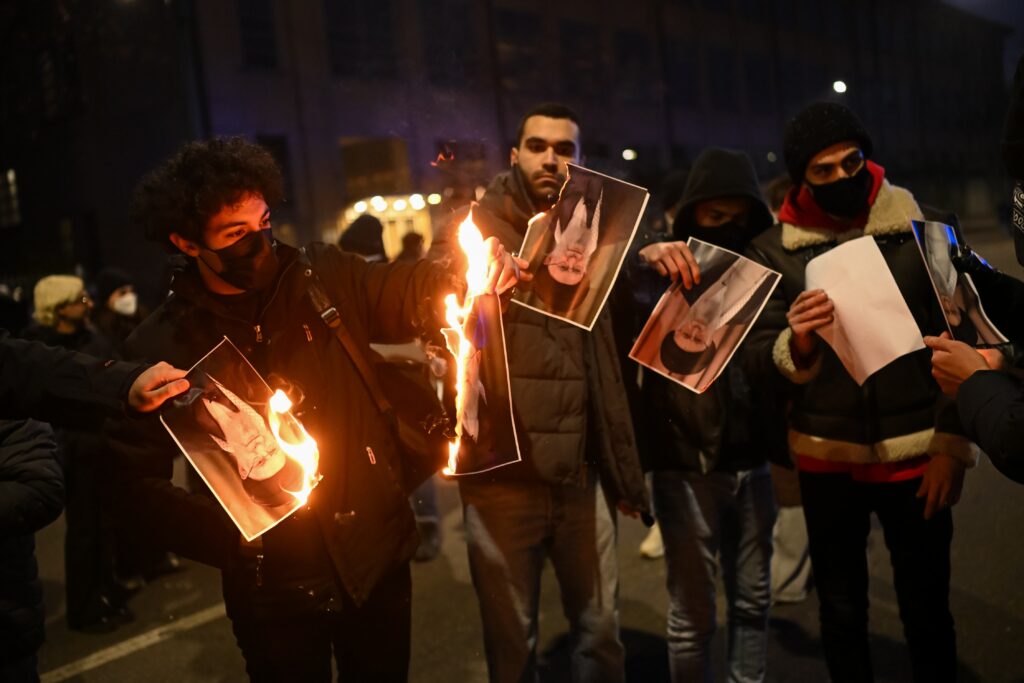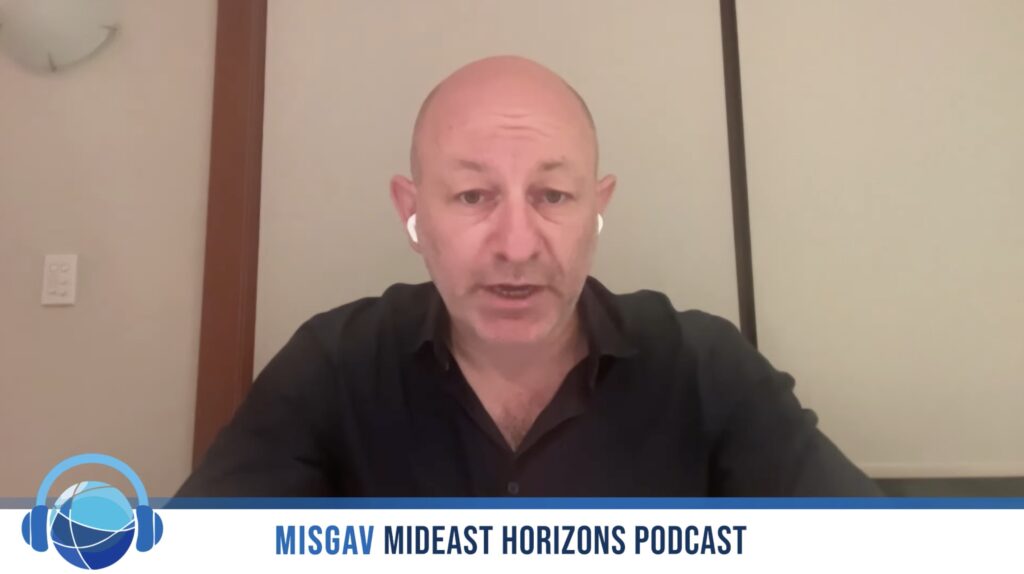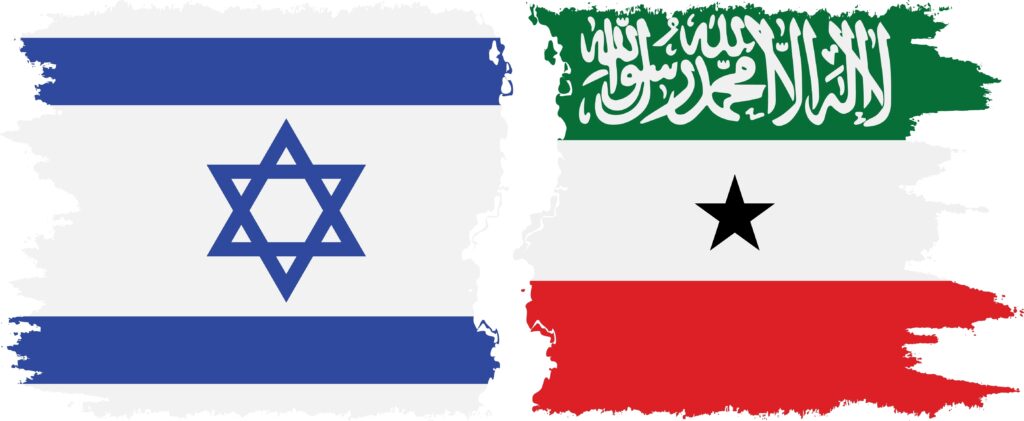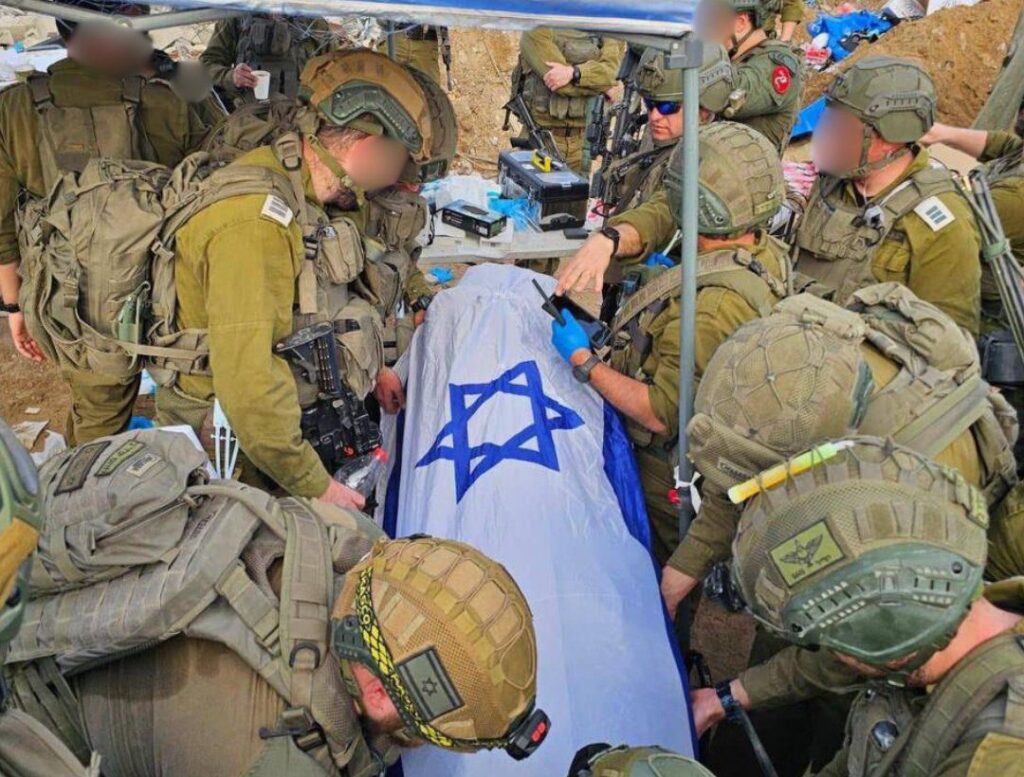UPDATES
What price to free one man?
October 18, 2011 | Allon Lee
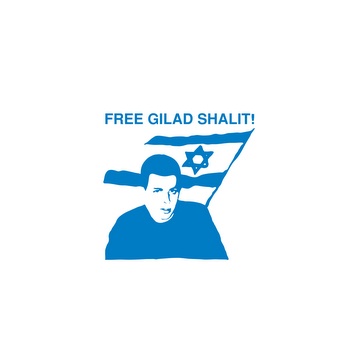
As the five-year hostage ordeal of Israeli soldier Gilad Shalit draws to a close, we offer up some of the standout commentary from the last week on the merits of the deal reached by the Israeli government with Hamas.
The tension in the debate concerns the personal interest and the national interest and how these two forces interact have caused intense heartache and headaches for Israel.
First up, Israeli journalist Yossi Klein Halevi offers a poignant reflection on the conflicting emotions that have weighed heavy on every Israeli who considers Shalit’s predicament – What cost to save a young soldier, knowing that it rewards a terrorist organisation and that those who have murdered, may do so again?
Klein Halevi writes of his long held opposition to the release of the prisoners but accepts the inevitability of the deal through the realisation that Shalit is not merely one Israeli soldier but representative of every Israeli soldier.
I wanted to tell Noam what we shared. As it happens, my son served in the same tank unit as Gilad, two years after he was kidnapped. I wanted to tell Noam that that was the real reason I couldn’t bear thinking about his family. That in opposing the mass release of terrorists for Gilad, it was my son I was betraying.
Now, inevitably, the government has given in to the emotional pressure. Inevitably, because we all knew it would-must-end this way. A few months ago, as part of its psychological war against the Israeli public, Hamas released an animated film depicting Gilad as an elderly gray-haired man, still a prisoner in Gaza. No image tormented us more.
Despite Israeli anguish of Hamas’ propaganda victory, Klein Halevi offers up a glimmer of something far greater, a reaffirmation of Israeli ideals.
Hamas leaders are boasting of victory. If so, it is a victory of shame. Hamas is celebrating the release of symbols of “resistance,” not of human beings. Hamas’ victory is an expression of the Arab crisis.
The Arab world’s challenge is to shift from a culture that sanctifies honor to a culture that sanctifies dignity. Honor is about pride; dignity is about human value. Hamas may have upheld its honor; but Israel affirmed the dignity of a solitary human life.
Former Jerusalem Report editor Hirsh Goodman pays tribute to Shalit’s parents, suggesting their tenacity ensured Israelis never forgot that their son was hostage.
Usually, it is said that parents are proud of their children. If there has ever been a case where a child should be proud of his parents, it is that of Gilad Schalit.
Never have I seen a family persevere and fight with such tenacity to get their boy back home – and this without diminishing any of the heroic struggles by other parents to do so in the past.
This time, however, it was different.
For five long years, every day, every hour, they devoted all their energies to Gilad’s release, traveling the world, beseeching heads of state, going to the UN, and even having to put up with Jimmy Carter’s cold shoulder when they tried to get the former president to be more proactive on Gilad’s behalf with his contacts in Hamas.
…. The country rallied behind the Schalits because that is what the country’s moms and dads, soldiers and children about to be inducted want to hear. We are with you through thick and thin. What message could be more important for both parents and children in a country where there is universal (well, almost) service for all? And what stronger message of national strength and unity could Israel send? It is a fallacy to see the exchange as weakness.
Former Shin Bet intelligence agency chief Avi Dichter argues that Israel always brings its captured soldiers home – dead or alive and there is nothing new in this policy.
In a sober analysis of the long-term implications of the deal, Aaron David Miller writes that no one should anticipate anything positive arising from it. The outcome was achieved because there were interests that Hamas and Israel needed to satisfy and the emancipation of Shalit portends nothing for increased contacts between the two parties. Indeed, if anything, “The Israeli-Palestinian issue rarely offers up agreement on anything. Pocket this one and buckle your seat belts; this conflict is bound to get a lot worse before it gets worse.”
Washington Institute analyst David Makovsky looks at the cold hard reality of the risks and payoffs inherent in the deal for both Hamas and Israeli PM Binyamin Netanyahu.
He argues that Palestinian President Mahmoud Abbas is the biggest loser from the deal, despite Hamas having to significantly lower its demands.
Recently, Hamas has watched Palestinian Authority president Mahmoud Abbas, the leader of its rival, Fatah, enjoy an enormous domestic boost as a result of his UN statehood bid.
The group’s popularity was already low because of its failure to deliver a better quality of life for the people of Gaza. When Palestinians flooded into the streets of Ramallah to cheer Abbas’s UN appearance, Hamas suddenly seemed politically irrelevant.
Seeking to reestablish itself, the group finally agreed to compromise with Israel, relenting on demands made during 2009 negotiations with the Olmert government regarding the release of two arch-terrorists: Abdullah Barghouti, a bombmaker responsible for the deaths of scores of Israelis, and Ahmed Sadat, associated with the 2001 assassination of Israeli cabinet minister Rehavam Zeevi.
Hamas also agreed that 164 of the released prisoners would be exiled from the West Bank to Gaza. Forty others will not be allowed to live in either Gaza or the West Bank and will instead be exiled abroad — a measure that Hamas initially rejected in its entirety. The deal is certain to boost the group’s popularity despite such compromises. After all, Hamas secured the release of more than 1,000 prisoners in exchange for a single Israeli.
Second, the names and crimes of those being freed are significant. Although Israel has often agreed to release prisoners in the past as a gesture to Abbas, it has not freed such “big fish.”
Third, many of those being let out are Hamas officials. Their release not only replenishes the group’s ranks, but also sends a strong message that Hamas will not abandon its rank and file. Mashal has stated that these officials “will return to…the national struggle.”
Fourth, in securing the release of six Israeli Arabs, Hamas has succeeded in pushing Israel across a line that it has refused to cross in the past, in terms of conducting negotiations that involve Israeli citizens.
For Netanyahu the deal has both pros and cons, with the biggest danger being a freed terrorist reoffending on his watch, Makovsky suggests.
Netanyahu stated that the deal was struck because a “window of opportunity” was closing. This was an apparent reference to forthcoming Egyptian parliamentary elections, which may give the Muslim Brotherhood unprecedented power and potentially hamstring future mediation by Cairo. Israeli officials have also claimed to be haunted by the memory of unsuccessful negotiations for Ron Arad, an airman captured in 1986 and now believed dead.
…In the wake of the Palestinian Authority’s UN statehood bid, Netanyahu’s decision may be interpreted as a warning to Abbas that Israel is also capable of unilateral action…
Domestic political calculations also loomed large. This summer, Netanyahu was targeted by a massive social protest movement, which argued, among other issues, that the country is paralyzed by political gridlock…As Israel’s Channel 10 reported last week, Netanyahu’s approval rating had fallen to 36 percent. But, although the Shalit deal will likely give him a boost in the polls, it will dissipate if the massive prisoner release leads to renewed terrorist attacks.
Former Australian Jewish leader Isi Leibler, who now lives in Israel, welcomes Shalit’s return but advises that in the future a deal like this must never be repeated:
First, Hamas can now show conclusively that murder and terror are infinitely more effective than negotiation…In fact, Hamas chief Khaled Mashaal explicitly boasted that “those released will return to armed struggle. It is a great national achievement.”
…Second, by exposing the “soft” side or “Achilles’ heel” of an otherwise tough Israeli adversary, Hamas (and Fatah) share a clear incentive to exert every effort and make every sacrifice to kidnap additional Israeli hostages in order to impose new demands.
Third, it will be much easier to recruit terrorists who believe that no matter how many Israelis they kill, if apprehended there is every likelihood that they will be released.
Fourth, Hamas has undoubtedly displaced the PA and demonstrated that it was able to force Israel and other states to negotiate and thus provide itself with legitimacy. Indeed, Hamas, which remains adamantly committed to terrorism and the total destruction of Israel, has now emerged as the dominant face of a future Palestinian state.
Fifth, this is also a victory for the Muslim Brotherhood, Hamas’s parent organization, which is emerging as the principal power broker in Egypt. The new Egyptian government will therefore impose far greater pressure on Israel in relation to Hamas than was the case during the Mubarak era. Israel must also factor in Turkey, which in addition to Iran has now emerged as a vociferous supporter of Hamas.
Fortunately, the IDF has sufficient deterrent power to discourage direct hostilities…
Finally, analyst Barry Rubin crunches the numbers of those to be released and notes that “most will be chosen by Israel” and no arch-terrorists “who were major organizers of attacks or responsible for a larger loss of life” will be freed either.
Of the initial 450 prisoners to be released, Rubin notes:
131 Gaza Strip residents will go there.
163 West Bank residents will be expelled from the West Bank to the Gaza Strip.
40 will be expelled overseas.
96 will return to their homes in the West Bank.
14 will return to their homes in east Jerusalem.
6 Israeli Arabs will be released to their homes.
At this point, Shalit will return to Israel.
Then Israel will release 550 prisoners of its choice.…. Regarding the argument that this will encourage terrorism or kidnapping, however, it should be understood that terrorist groups always conduct the highest possible number of attacks and kidnapping attempts that they can try. The deal will not really have any effect on that, though of course individual terrorists released – especially those going to the West Bank – will pose an additional threat. They will be closely watched and some of them have no doubt been turned into sources of intelligence for Israel.
– Allon Lee
Tags: Israel

